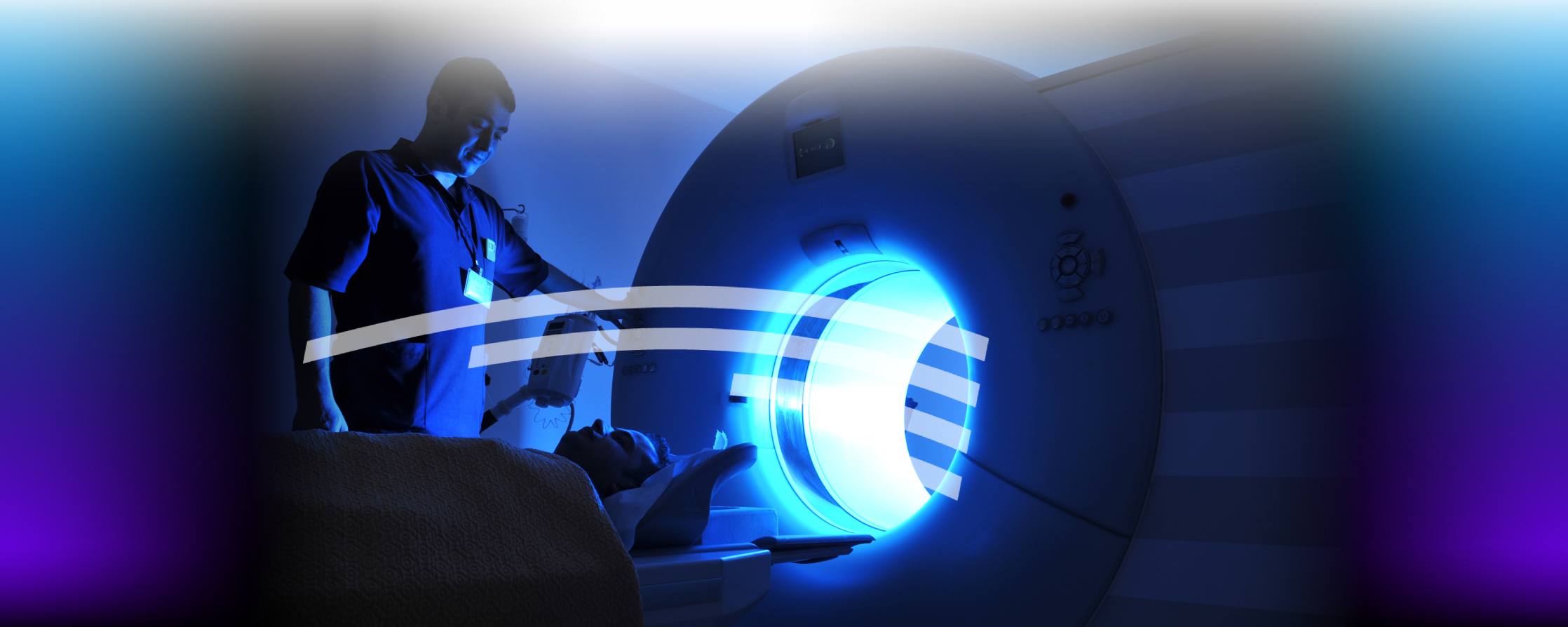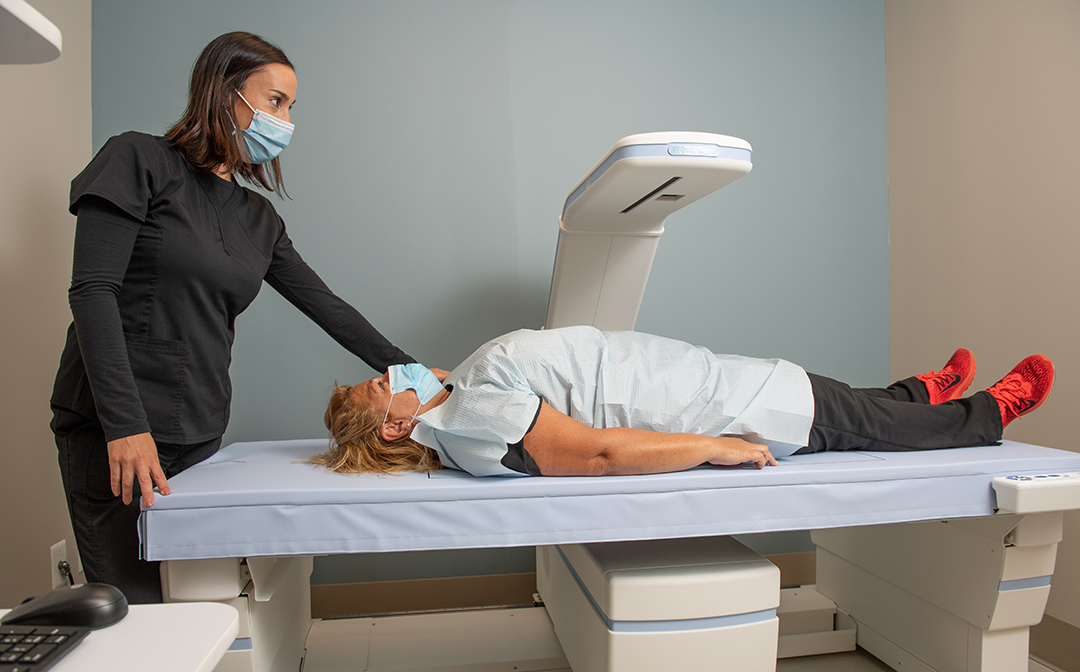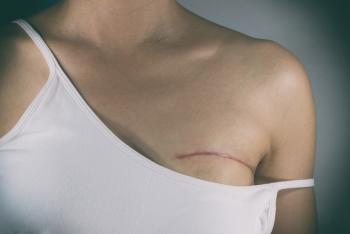Diverse participation in clinical trials can advance medical research and improve community health...
Read More
DEXA scans can identify a decrease in bone density and confirm an osteoporosis diagnosis before a break occurs. Our experienced imaging technologists and radiologists are here to conduct DEXA scans when you need them—close to home in South Jersey with locations including our outpatient AMI at Inspira facilities.
DEXA stands for dual-energy X-ray absorptiometry and is the established and trusted standard for measuring bone mineral density (BMD), the information needed to determine if someone has osteoporosis. A DEXA scan can help detect low bone density before a fracture occurs, confirm a suspected diagnosis of osteoporosis, predict your chances of a fracture occurring in the future and monitor the effects of treatment.
Your primary care provider may recommend getting a DEXA scan to screen for osteoporosis if you’re over the age of 65 or are between the ages of 50-64 and have certain risk factors. Risk factors for osteoporosis include age, gender, family history, intestinal disorders, multiple sclerosis and low body weight.
DEXA scans use one high-energy X-ray beam and one low-energy X-ray beam to measure the thickness and strength of bones. This scan can be used over time, at intervals of at least one year, to track the density of bones and screen for osteoporosis.

DEXA scans are painless, non-invasive and safe and take just 10-20 minutes to complete. As with many imaging procedures, be sure to tell your provider or technologist if you are or may be pregnant at the time of the scan. You will be asked to remove anything metal that you’re wearing before the scan, as it can interfere with the resulting images.
Usually, DEXA scans require you to lie on a table with your legs propped up on a padded box. Your technologist may also put your foot in a device to turn your hips inward. The images taken during your scan will be used to determine your T-score, how your bone density compares to the optimal peak for your biological sex, and your Z-score, how your bone density compares to others who are the same age, sex and ethnicity.
No, DEXA scans are non-invasive and as painless as getting a regular X-ray.
Yes, eating or drinking won’t affect your scan results.
Our state-of-the-art imaging technology and specialty trained, board certified radiologists can be found at all nine locations throughout South Jersey.

Diverse participation in clinical trials can advance medical research and improve community health...
Read More
Atlantic Medical Imaging (AMI), Inspira Health and Regional Diagnostic Imaging (RDI) are proud to...
Read More
If you have had lymph node surgery, especially as a treatment for breast cancer, you may be at risk...
Read More
The material set forth in this site in no way seeks to diagnose or treat illness or to serve as a substitute for professional medical care. Please speak with your health care provider if you have a health concern or if you are considering adopting any exercise program or dietary guidelines. For permission to reprint any portion of this website or to be removed from a notification list, please contact us at (856) 537-6772